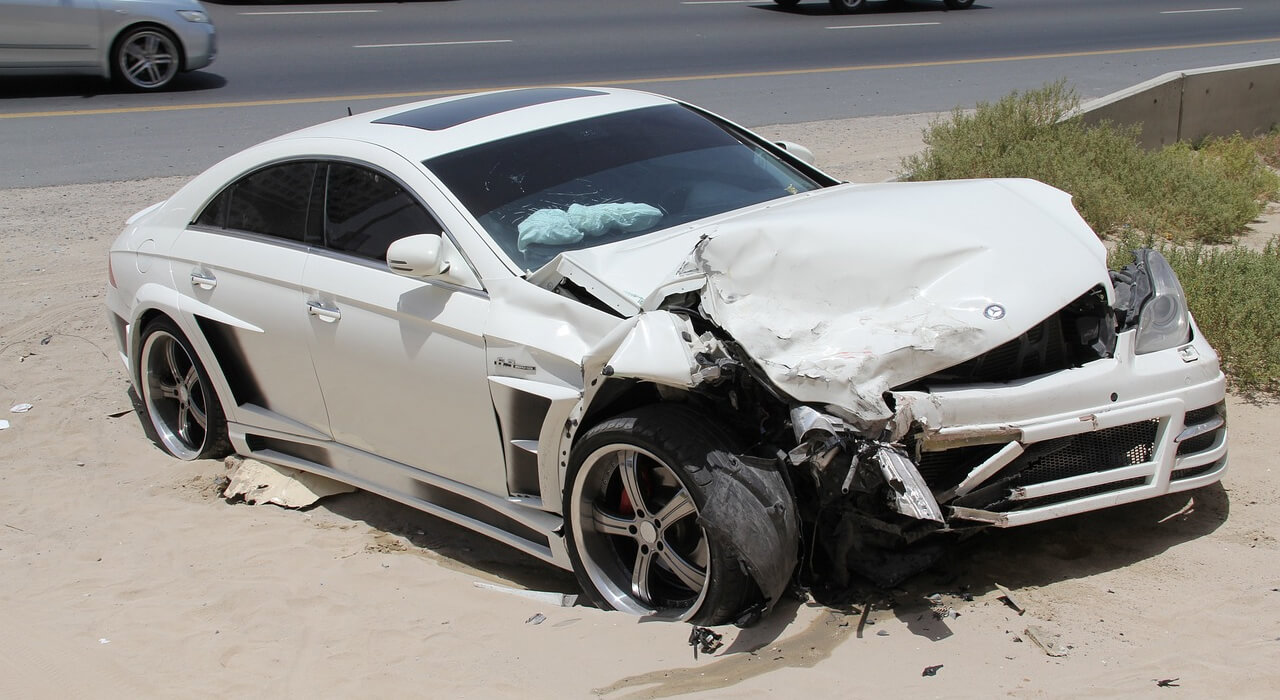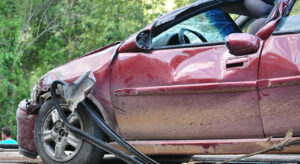If you were in a car accident, you might wonder if you could have avoided it had you done something differently. You may even wonder if you were partly to blame.
The good news is that even if you were partially at fault for a Florida car accident, you may still be able to recover compensation for your injuries and damages. Florida has a pure comparative fault rule that is applicable when both parties share some fault. You will likely see your awarded compensation reduced based on your percentage of fault for the accident.
It’s important to also understand that Florida uses a no-fault insurance system. This means that you will file a car accident claim with your personal injury protection (PIP) insurance company regardless of who is at fault. PIP coverage will help cover your medical expenses and other losses, though it may not be sufficient enough to cover serious injuries. When you have endured severe injuries, you may have a viable lawsuit against the other driver and be able to hold them accountable for your damages.
Exploring Pure Comparative Negligence in Florida
The legal principle of pure comparative negligence permits plaintiffs to recover damages in an accident, even if they are assigned some of the blame. The negligence of both parties will depend on the accident. The law allows shared blame in terms of percentage, and that percentage is used to calculate the amount each party will receive.
For example, you may have been driving through an intersection when the light was green for you. The other driver may have run the red light, crashing into your vehicle, which would mean they are at fault for the accident. However, if you were speeding through that intersection, then you’d share some fault as well. The fault in this example be apportioned so that 90% fault is assigned to the other driver and 10% to you.
Suggestion: 2024 Toyota Camry Sedan Review, Prices, Trims, Specs, & More
If the awarded compensation you were expecting to receive was $50,000, in this example, you’d only receive $45,000 since it would be reduced by 10%.
How Are the Percentages of Fault Determined?
In a Florida car accident that doesn’t result in severe injuries, the no-fault laws come into play. Each driver would pursue their car accident claim from their auto insurance company.
Florida requires every driver to purchase the minimum amount of insurance coverage to drive legally. This includes $10,000 in PIP and $10,000 in property damage liability (PDL). In minor accidents or accidents that are non-severe, each insurer will take care of their policyholder for medical bills, lost wages, and other out-of-pocket expenses that resulted from the crash.
Each insurance company will carry out an independent investigation to determine who was at fault. This will be a factor if serious injuries are involved.
What Is Proof of Fault in a Florida Car Accident?
In order to determine who is at fault in a car accident, evidence must be collected and then reviewed. The police will respond to your 911 call after a serious accident and document what happened in an accident report. This document is one piece of evidence, as are any photos or videos you take of the accident scene.
When a crash is particularly bad, it is ideal to hire a car accident lawyer who can start gathering evidence on your behalf. They can obtain traffic camera footage and hire experts to reconstruct the accident to help determine who is at fault.
It’s even more important to seek legal representation when there are multiple vehicles involved. This frequently happens with multi-car pile-ups, or when someone is operating a vehicle for their job. The more complexities involved, the better it is to have an attorney on the case.
What Can I Get in Compensation for My Car Accident?
Even if you are deemed partly at fault for your car accident, you can seek compensation for your injury-related losses. These would include your medical expenses such as hospitalization, surgery, ambulance costs, treatments, and appointments. You can also recover compensation for your lost wages if you have to miss work due to your injuries.
Also Check: 9 Best 3 Cylinder Cars In The USA That You Can Buy In 2024
Other economic and non-economic damages may be sought as well, including property damage, out-of-pocket expenses related to your injuries, pain and suffering, disability, scarring, and mental anguish. The type and severity of your injuries will play a role in calculating your total compensation. If you were partly to blame, your compensation will be reduced by your percentage of fault.
How a Personal Injury Lawyer Can Help Prove Fault of the Other Driver
You’re not required to hire a personal injury lawyer, though they can help when you are being blamed for the accident. Sometimes, you may be assigned more blame than you deserve by the driver’s insurance company to reduce their payout. You should protect your legal rights and have the chance to get the compensation you deserve.
An attorney can be helpful when comparative negligence is a factor. They will gather any pertinent evidence while you are healing from your injuries. They will also enlist the assistance of accident reconstructionist specialists and other experts to determine the percentage of blame for each driver.
Most of the time, the claim will settle outside of court, but if your case goes to trial, your attorney will be your advocate. It will then be decided whether one or both parties were responsible for the accident. If you share fault, your compensation will be reduced. However, if you are absolved of any fault, your attorney will help you get the full amount of compensation you are due.
In situations like these, you do not want to lose the money you deserve. Otherwise, you may be stuck paying for your injuries out of your pocket when someone else is responsible.







